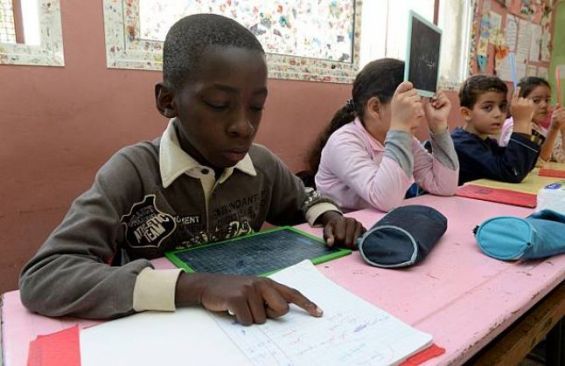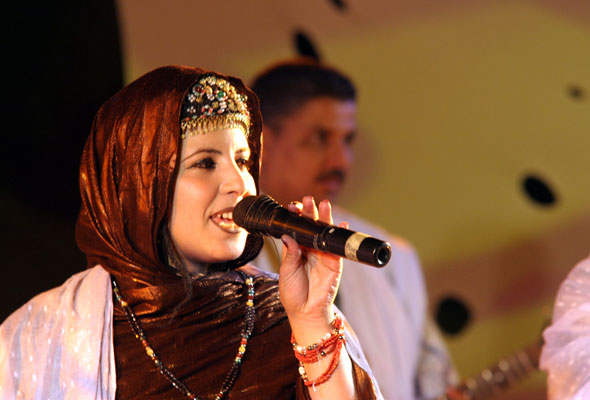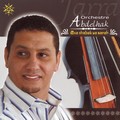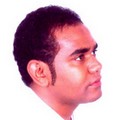Celebrating the International Children Day, the United Nations Educational, Scientific and Cultural Organization (UNESCO) published, Tuesday November the 20th, its 2019 edition of the Global Education Monitoring report on migrants’ rights to education.
The study entitled «Migration, Displacement and Education : Building bridges, not walls», referred to the situation of the children of migrants in the Kingdom, known as a transit country in North Africa. It highlights the «laws and policies» that affect the education of the children of migrants, refugees and those who chose to displace.
«Providing education is not only a moral obligation of those in charge of it, but also is a practical solution to many of the ripples caused by moving populations», wrote the authors of the report.
Projects made by Morocco
Despite everything, the report hailed the efforts made by Morocco to help migrants get an education while in the country. «An increasing number of sub-Saharan African migrants aiming to settle in Europe remain in transit countries such as Morocco», revealed the same survey.
It indicated that those migrants settled down in Morocco have been allowed to study in the country’s schools after the «2011 Constitution recognized the right to education of all children».
«A 2013 Ministry of Education circular extended access to children from sub-Saharan African countries but no others», wrote UNESCO.
For instance, the Moroccan Foundation for Financial Education «partnered with the International Labour Organization to set up financial education programmes for migrants».
The project was implemented after the foundation conducted «qualitative surveys before developing the training to ensure the toolkit met the needs of both migrants and their families».
But despite these efforts, the report refers to some obstacles that affect the education of migrants in the Kingdom. «Some document requirements may be difficult to meet», pointed out the same source, citing the example of the Casablanca Regional Academy of Education and Training.
The latter «requires medical certificates, especially from Ebola-affected countries, for enrolment». Numbers collected by the report estimated that «about 7,500 migrant children were enrolled in public schools in 2015–2016. However, a non-government organization estimated that less than half of the 8- to 17-year-olds received in its Casablanca, Rabat and Tangier centres attended school in 2014».




 chargement...
chargement...












